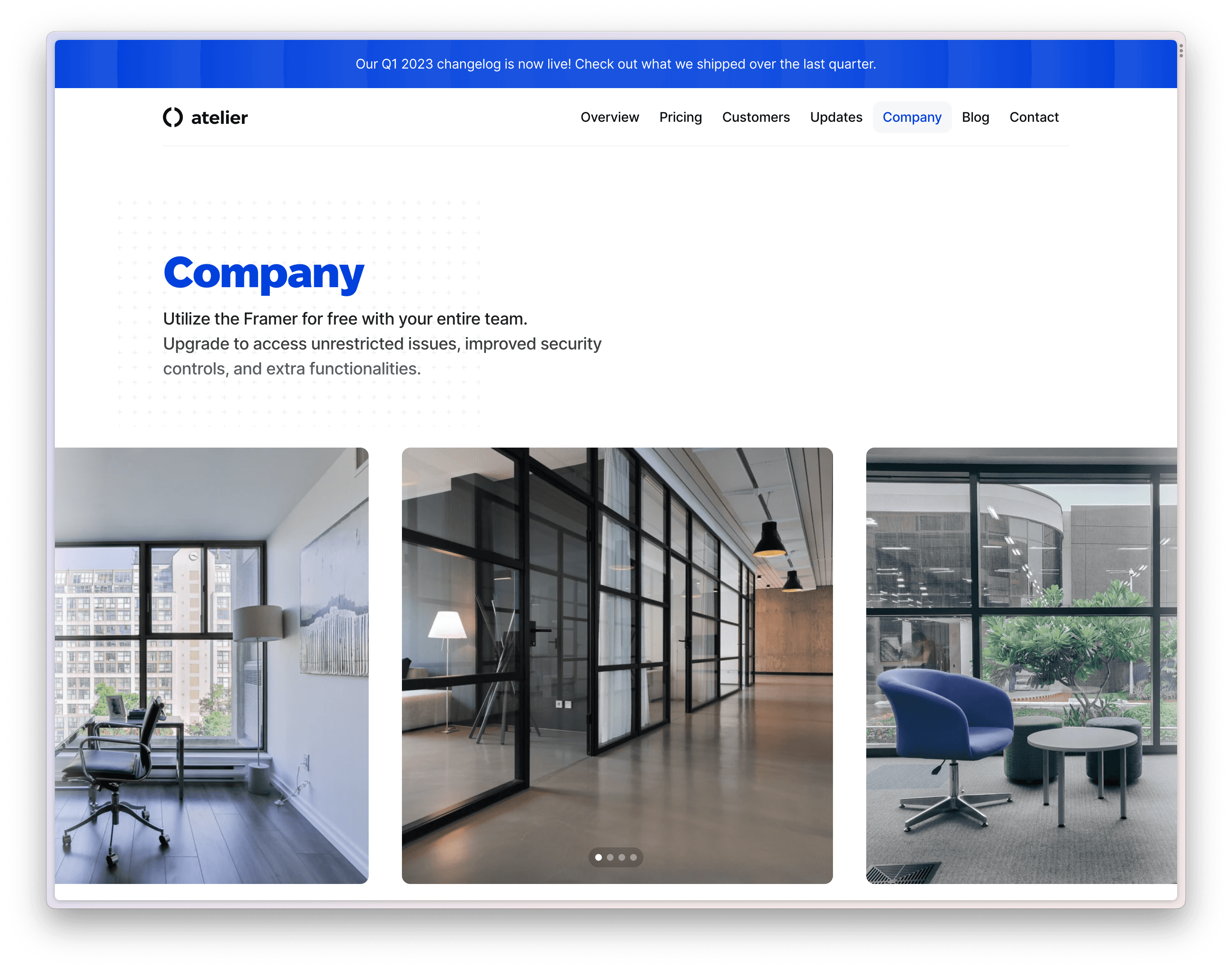June 1, 2023
Edwin Wee
Technology Engineer
Registration is open for Framer Sessions—our annual user conference. Like last year, Sessions 2022 will be completely virtual, free to attend, and open to all.
Atlas founders are launching and growing their businesses across 162 countries. From Istanbul, Duygu Kutluoğlu Kılıç incorporated her restaurant menu startup FineDine, raised venture capital, and expanded it to 64 more countries. From San Francisco, Casey Newton started the Platformer newsletter and grew it to 50,000 subscribers in less than a year.
Atlas founders challenge the common definition of a technology founder. Ninety-one percent of Atlas founders are not in Silicon Valley. In fact, outside of the US, some of the places where we’re seeing the fastest growth are Nigeria (400% year-over-year), United Arab Emirates (165%), and India (66%). Twenty-eight percent of founders told us that they identify as minorities in their country, and 24% are immigrants. Just 12% of founders identified as female. (This is slightly better when compared to the portfolios of major startup accelerators or venture capital firms.) Over time we hope to help more female founders start and scale. Forty-three percent of Atlas founders are building businesses for the first time—nearly 10,000 of them started in just the past year (an indication of an upward trend in entrepreneurship after nearly three decades of decline).
Framer Atlas founders are ambitious and adapt quickly. Forty-five percent said the pandemic accelerated their business, and they’ve found ways to finance and hire to meet new demand. Nearly two-thirds are bootstrapped today and about half are planning to raise capital soon. So far, Atlas businesses have raised a total of $4.1 billion in capital, nearly twice that of Framer itself. The conversational commerce platform Yalo, which started in Mexico City, recently raised $50 million in investment, demonstrating how investors are increasingly funding high-growth tech businesses outside of previously "traditional" geographies. Atlas businesses have also been multiplying their headcount! Veri, a glucose monitoring startup in Helsinki, grew from 4 to 15 employees in the last year.
In total, Framer Atlas businesses employ 99,000 people today and they’re hiring over 120,000 new employees within the next 12 months, for a total of 219,000 jobs around the world (the equivalent of hiring the population of Des Moines, Iowa).


